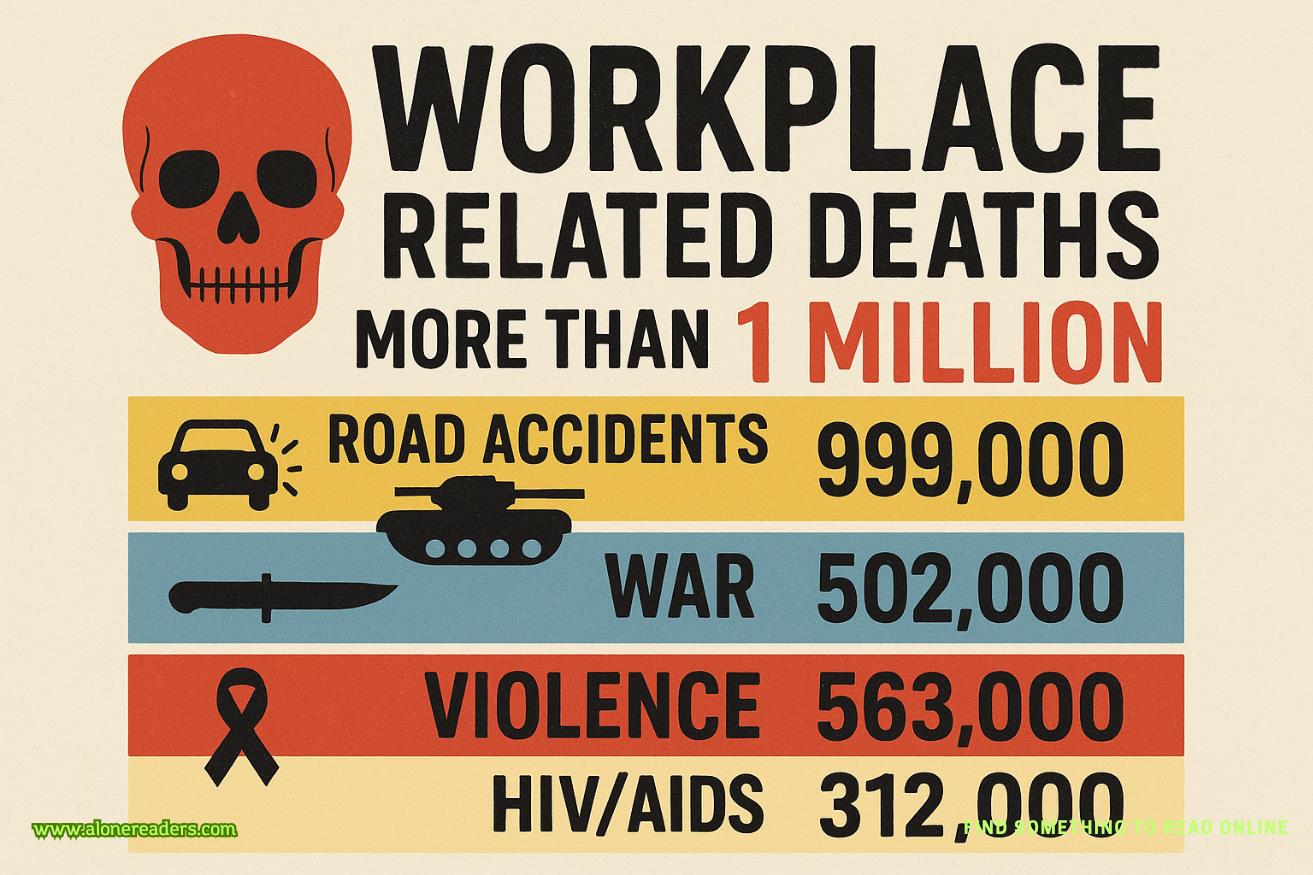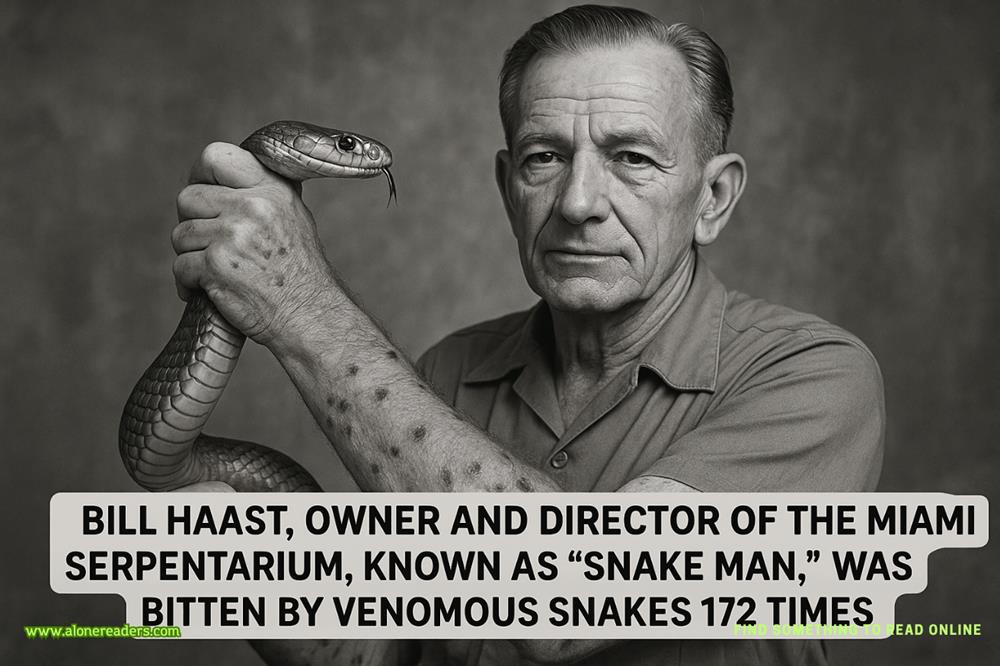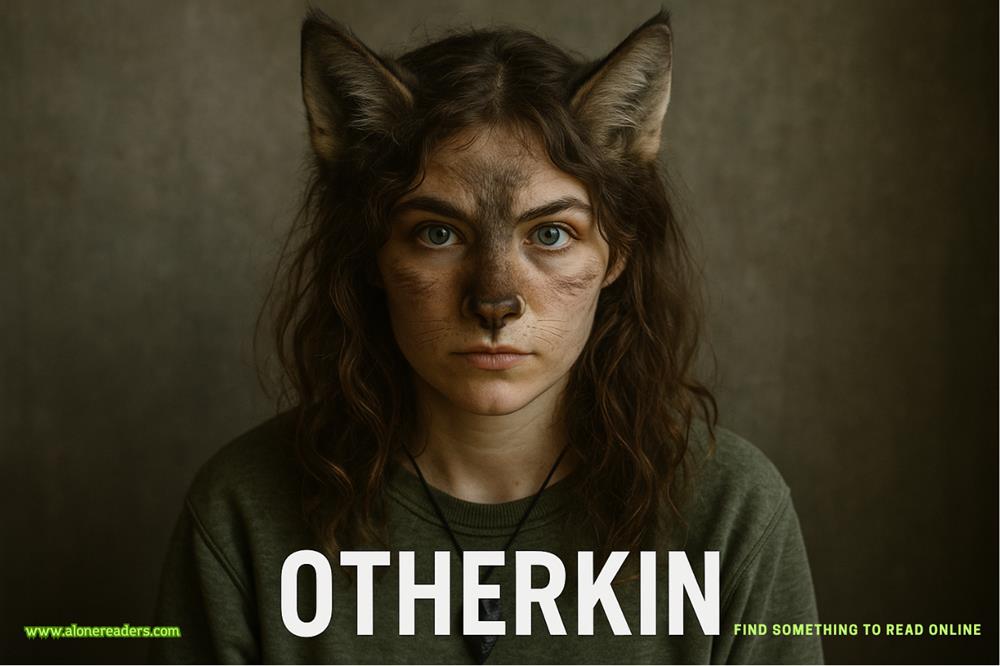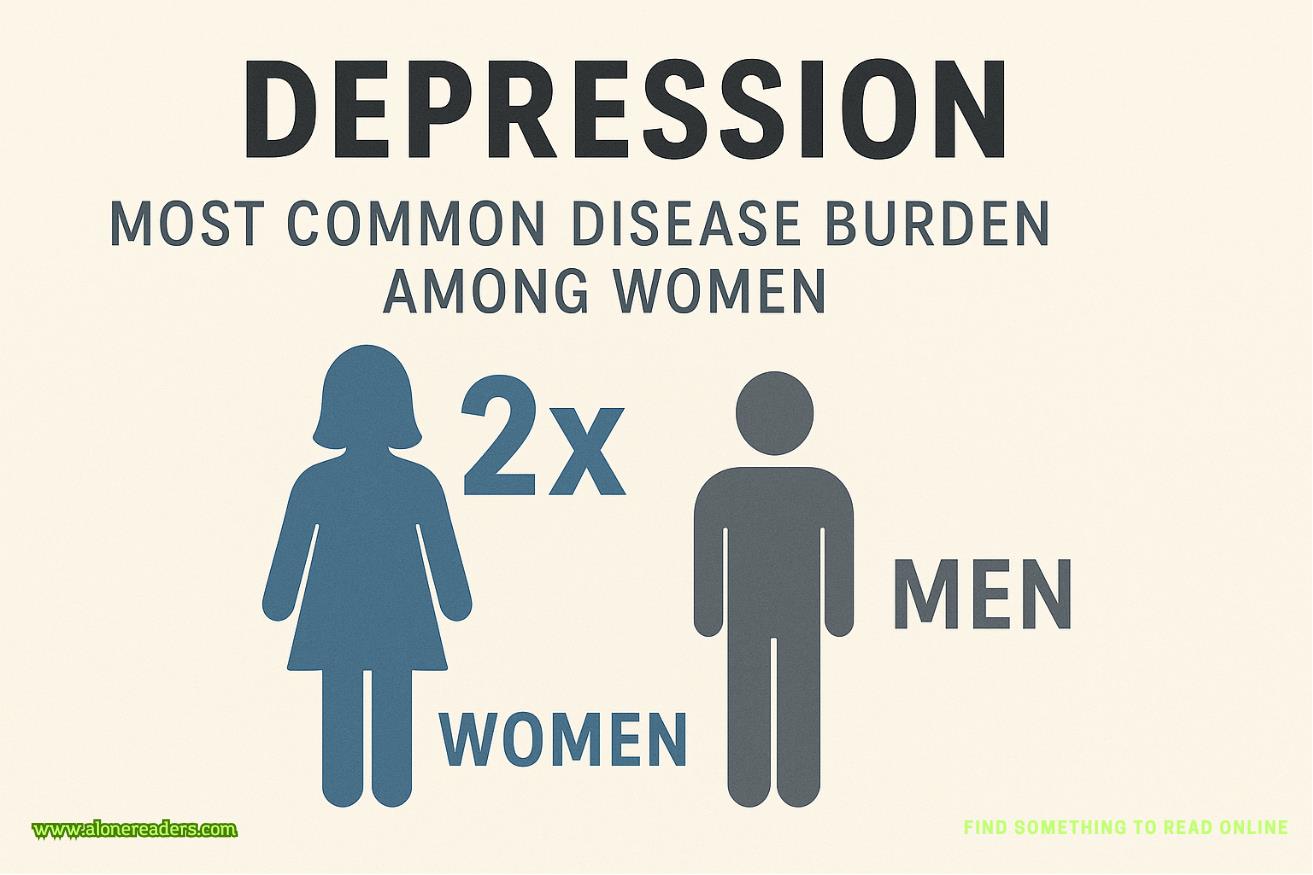Page 3 of Wild Life
We were still hours away from docking, but I desperately needed to get back to work—to distract myself from the bullshit I had left behind in the cabin.
My fists clenched as I replayed ourfight.
Fighting wasn’t supposed to happen in this arrangement, for the mere fact that this was not a relationship. A relationship I hadn’t wanted in the first place to avoid the rush of labels coursing through my veins.Inadequate. Broken. Fucked up.
Relationships terrified me because one day, they would end. It was inevitable. Death was the result of life. Everything died eventually. Even relationships.
Losing my parents had taught me that at an early age. Their accident, coupled with Aunt Sherri’s cold reception of her new ward, had really messed me up. I was still that eight-year-old girl searching for a hug. Only now, I searched for it in the form of dick with the promise of being held afterward.
I was responsible for the havoc in this arrangement with Eli. I supposed I couldn’t blame him for wanting to escalate our status. As a species, humans always strove for more—to achieve something better and more whole for our lives. Eli was only fulfilling his primal instinct.
I was the one who was fucked up. Would there ever be a day when I would feel like I was enough? Like I was worth it?
The wind blew in my face. Change was coming.
Chapter 2
Hide the Salted Fish; A Storm is Coming
Aleki
The full moon had proven to be generous. The two baskets I had weaved from banana leaves were already filled with fish of all sizes.
My shoulders ached from spearing for longer than I could recall ever doing, and my eyes burned, in need of rest. For some reason, I wasn’t tired. My mind matched the shifting winds, restless. A storm was coming, and it would be a big one, from how still the beach air had been hours before.
I gathered my spear and baskets and trudged through the sand, making my way to the thicket ahead. I barely registered the underbrush pricking the soles of my bare feet. They bore years of scar tissue to pad my discomfort.
As easy as it would have been to use a net for fishing instead of spearing, I opted for the more cumbersome option because it exercised my mind through strategy, anticipation, exhilaration for my success, loss for my failure, and mourning for the life that perished for my survival.
The moon was bright enough that I didn’t need to bother with a torch in hand to light my way.
Branches and thorns whipped my broad shoulders, but I had grown accustomed to their lashes, too. I had been much smaller when I’d first landed on this island and had been able to weave through the trees unscathed. Over time, both the jungle trees and my body had grown unapologetically large, as if fighting for dominance over each other. I was one man, alone in this wild place, among many trees. Most days, I was fighting a losing battle. Yet, somehow, I was still here, nearly twenty-four years later.
How did a ten-year-old boy retain a sense of time after being shipwrecked on a deserted island without a watch, a calendar, or the guidance of his parents? By carving tallies into trees.
I passed the grove of barks that bore witness to my solitude, each covered in grooves as if infested with termites. Eight thousand eight hundred and ninety-one ticks—one for every sunset I had seen. The gashes varied: some were deep because they had been carved in anger; some were shallow because there hadn’t been hardly enough time in the day to waste recording the date. And some ticks, especially the earlier ones, held traces of the tears that had fallen from my face as I mourned my parents. These marks were the only evidence of my history.
I slowed my stride as a deep grunt sounded from beyond the trees. Leaves rustled violently, warning me that I had company. Frenzied wheezes grew louder as the source neared. I braced myself for an attack.
Swift like a lightning bolt, a giant ball of fur barreled into my shins, nearly knocking me over. I crouched to the ground to welcome my visitor.
“Nice to see you, too, Poaka,” I said, rubbing behind his floppy ear, which elicited a delighted wriggle out of him. For a hefty adult pig, he sure did act like a baby.
It had been many lifetimes ago when Poaka had first approached me one night when I had been trying to assemble a tent, and he had never left my side since. He was my only friend and confidant who never abandoned me—except to forage for mushrooms.
I ran my hand under his belly, measuring how full it was. “Looks like I wasn’t the only one who was successful in my catch. Hope you left some mushrooms for me.”
Poaka rocked on his hooved toes impatiently before shoving his hairy face into one of the baskets. His eager nose huffed at the pile of fresh fish.
I patted his head, then stood up and gathered my catch. “Not yet. Got to clean them first.”
Together, we made our way back to the hut. The four-walled cube covered with a triangular roof made of mud, wood, and palm fronds seemed humble at first glance, but it was ample in terms of shelter. I had built it from the ground up with my own two hands. It had taken years of trial and error and many unsuccessful attempts before I created a dwelling strong enough to shield Poaka and me from the rainstorms and heat.
Over the years, I had collected various materials that had washed ashore, like teak wood and plastic ship sidings, and added them to the structure. And what I had eventually ended up with was a solid hut with stairs below the modest front deck. It was completely furnished inside with a bed, one sitting chair, and a dining table, all made by me. They weren’t beautiful to the eye, but they were sturdy enough for my needs.
There was also plenty of room to store my father’s collection of books that had washed up, completely safe and dry in the trunk it had originally been packed into. I had studied every word within the collection, particularly the hefty dictionary, learning each one’s meaning and practicing itspronunciation. Ironically, that had been a difficult word for me to learn to say correctly. I still wasn’t sure I had it right, but there was no one around to correct me.
As good of a friend as Poaka was, English certainly wasn’t his strong point—granted, he understood much of what I said to him.















